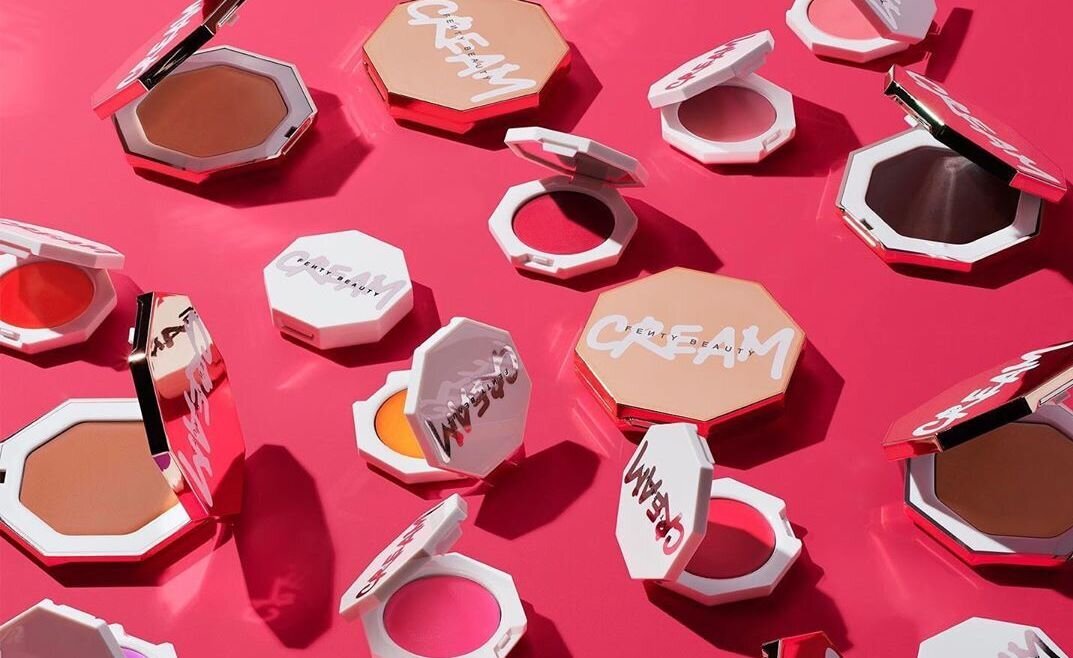The Advantages of Cross-Cultural Marketing
Diversity in marketing and advertising has been an ongoing industry discussion since 2014, but could benefit from practical steps. You would think that if for every diversity conference and event, there was a campaign or advert that practices it, the ball would well and truly be rolling now.
Practicality
Brands already embracing this wave such as Fenty Beauty and Spotify have shown that authentic representation and inclusion in campaigns win, and while they are great examples, in the bigger scale of the industry is it really enough? Beyond this, it’s about time brands gave more thought to diversity in the form of intercultural marketing and strategy, which is truly only a result of internal efforts to hire to collaborate with suppliers from multicultural backgrounds.
Considering social media marketing and advertising’s power to amplify and influence culture, it’s astonishing how the industry is still yet to reflect society in terms of intercultural content. If we switch our attention to the music industry, it is a more relatable example of this. The collaborations that have been intercultural include Hip-Hop artist Kendrick Lamar with rock band U2. (this isn’t even a recent revelation, think back to collaborations such as Jay-Z and Linkin Park to Lil Wayne x Fall Out Boy and Missy Elliot x MC Solaar). So since we know that there’s nothing more important than understanding consumers and the markets they engage with, there is not a better time to bring together diverse insights about commerce, culture and consumers through intercultural marketing, especially when other sectors of society are doing it, and doing it well.
Open To Change
Generation Z is predicted to be the generation that is going to make multicultural society mainstream. We’ve seen this through their use of TikTok: “the rapidly growing social media app for short-form musical and comedy videos.” — Harper’s Bazaar
While not all areas of business are suited to intercultural marketing, those in which Gen-Z and millennials tend to be a part of are; it goes without question that brands within the entertainment, leisure and lifestyle sectors should implement a strategy or form of intercultural marketing.
For this reason, it’s important for such brands to not lose their ability to resonate with their target consumers by sticking to what’s comfortable and what they already think they know. Working with an agency that can study, understand and master the latest platforms and behavioural trends will be to your brand’s benefit. Millennials don’t even limit themselves to the millennial thought, that’s why the culture they live by is so strong. Young people have a sense of curiosity, to discover themselves and the world around them.
Moving Forward
So what does this mean for marketers in terms of strategy? There’s little room for lack of representation, you just can’t excuse it in this day and age. Diversity will soon be a corporate social responsibility. The next generation of creators will see right through the “let’s be inclusive so people think we care” trope. It has to be real and it has to make sense to them as authenticity is a must.
All in all, intercultural strategy is about taking it to the next level by exploring highly promising opportunities. Adapting unique insights from intersecting cultures and communicating effectively to a greater mass of people is bound to set your brand apart. Intercultural marketing would allow brands to be able to transfer seamlessly from one cultural group to another, a challenge waiting for the advertising and marketing industry to solve.
